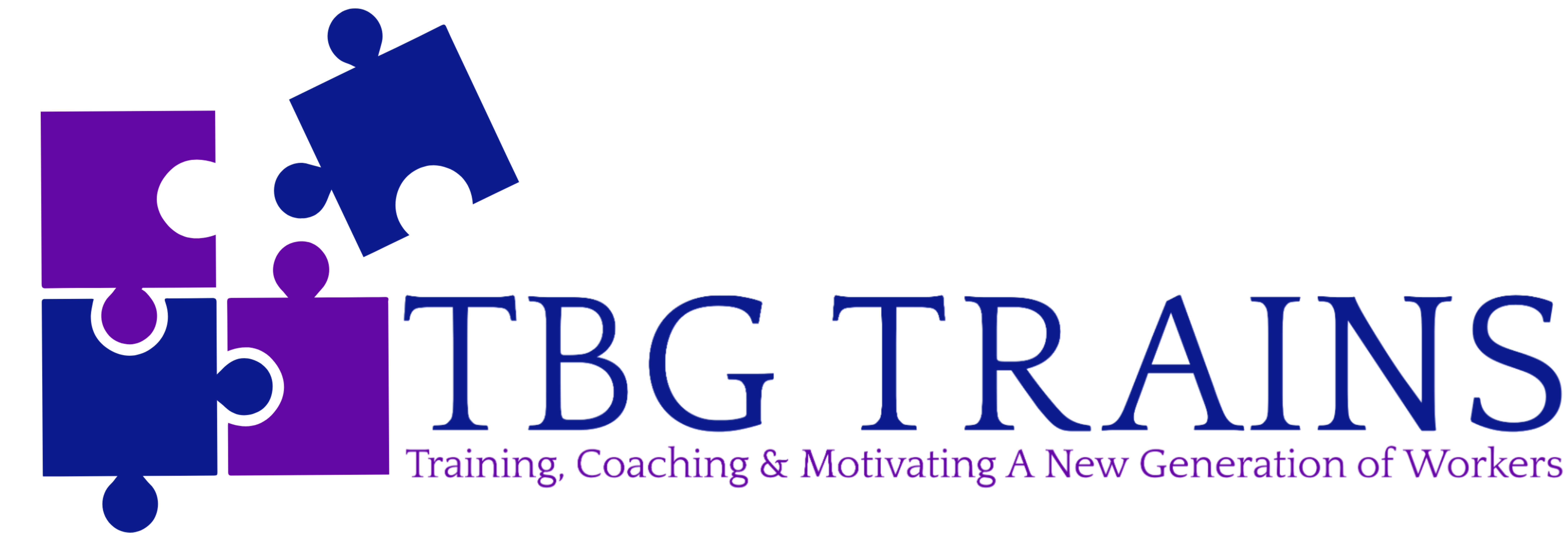
What are Soft Skills?
Soft skills include a positive attitude, communication, planning and organizing, critical thinking, interpersonal skills and more. These are terms used to describe the people skills that employers are viewing as essential for success in today’s workplace. Soft skills are transferable between industries and occupations, and while there are multiple definitions, there is a general consensus that soft skills are made up of a combination of the four Cs: communication, collaboration, critical thinking, and creativity.
Soft skills are often misunderstood, many educators feel they are competency-based and not something that can be taught. Some even think that soft skills are inherent, and one is born with or without them. TBG Trains believes differently; Soft Skills for Business Success reports that two-thirds of jobs will be “soft skills intensive” by 2030, compared to half of all jobs in 2000.[1] For every soft skill, there is a core set of proficiency that is necessary for successful development of skills. There are many core competencies for soft skills that have a foundation in emotional inherent intelligence skills.
Now you are thinking what is the difference between emotional intelligence and soft skills? Emotional intelligence is a learned ability to identify, experience, understand, and express human emotions in healthy and productive ways. Emotional intelligence is known in educational settings as social/emotional learning. Basically, the concept is the same: to help you learn to use your emotions in a positive, constructive way. These skills form the base of competencies that all soft skills are built upon.
How Does Job Training Fit In?
Job training programs are uniquely positioned to address the soft skill gap in higher education through integrating soft-skill curricula into current non-credit programs on and off campus. These programs are often part-time, short-term, or on weekends to allow people of all ages to attend. Because of their focus on applied skills, these programs are easily integrated into authentic learning using small group collaboration, discussions, and role plays – precisely the pedagogy that promotes soft skill development. Through acknowledging the growing gap in critical workforce skills and in bringing soft skills to the forefront, we can be a catalysts for transforming the way educators prepare students for not only the changing workplace of today but also for that of tomorrow.
In short soft skills are something that is often overlooked or ignored, we understand the importance of these skills and have incorporated them into all of our training programs.

